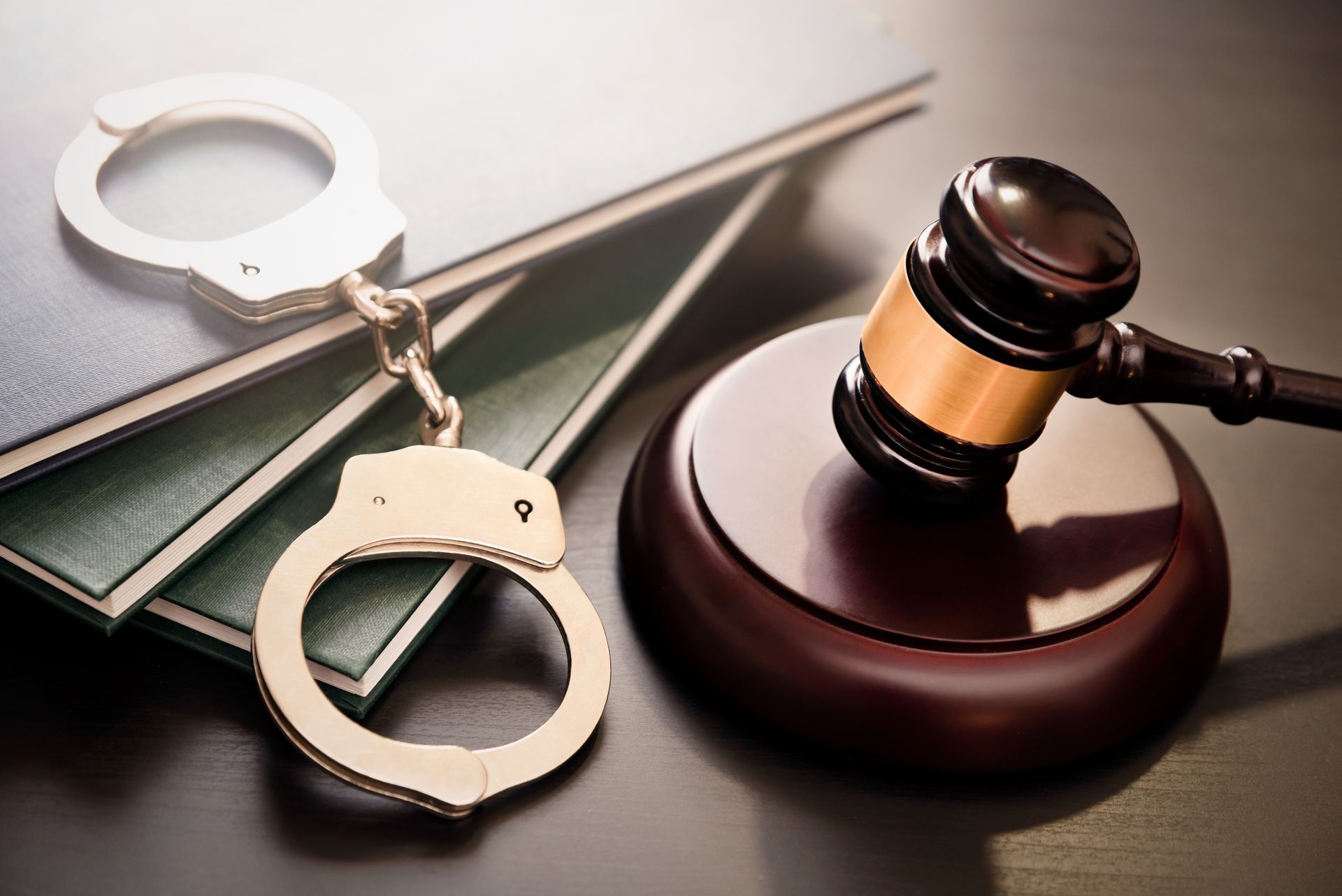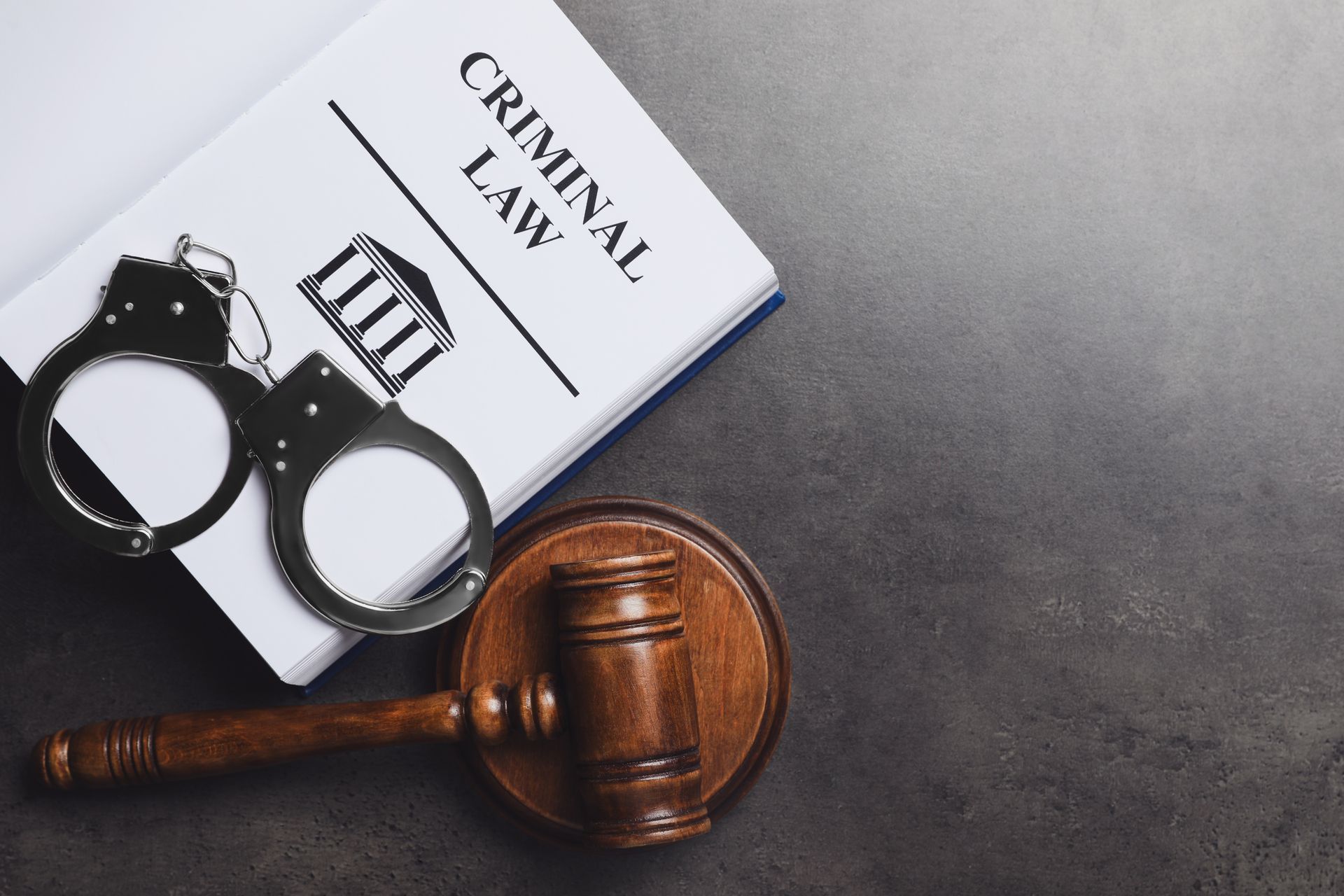January 30, 2024
When it comes to legal matters, understanding the various categories of crimes is essential. Misdemeanors are offenses that generally carry less severe consequences than felonies but still require proper attention. In this blog post, we will explore the different categories of misdemeanors, their consequences, and how an attorney can assist you in navigating through these legal challenges. Whether you're an Indiana resident or simply interested in learning more about the legal system, this post aims to provide valuable insights. Categories of Misdemeanors Misdemeanors are typically divided into three categories: Class A, Class B, and Class C. Each category carries its own level of severity and potential consequences. Class A Misdemeanors Class A misdemeanors are the most serious of the three categories. They often involve offenses such as assault, domestic violence, theft (above a certain value), or possession of a controlled substance. The consequences for Class A misdemeanors can include up to one year in jail, fines of up to $5,000, probation, mandatory counseling, and community service. Class B Misdemeanors Class B misdemeanors are less severe but still carry significant consequences. Examples of Class B misdemeanors include first-time DUI offenses, minor theft or vandalism, and simple assault. Convictions for Class B misdemeanors can result in up to 180 days in jail, fines of up to $1,000, probation, mandatory counseling, and community service. Class C Misdemeanors Class C misdemeanors are the least severe category but should not be taken lightly. Offenses that fall under this category may include disorderly conduct, trespassing, or possession of marijuana (in small amounts). If convicted of a Class C misdemeanor, individuals may face up to 60 days in jail, fines of up to $500, probation, mandatory counseling, and community service. Consequences and the Role of an Attorney While misdemeanors are generally considered less serious than felonies, they can still have significant consequences that may impact various aspects of your life. These consequences can include a tarnished criminal record, difficulty finding employment or housing, loss of certain civil rights, and strain on personal relationships. This is where the role of an experienced attorney becomes crucial. An attorney can provide valuable guidance throughout the legal process, ensuring that your rights are protected and helping you navigate the complexities of the legal system. They can review the details of your case, develop a strong defense strategy, negotiate with prosecutors on your behalf, and advocate for the most favorable outcome possible. An attorney can also provide valuable legal advice tailored to your specific situation, ensuring you understand the potential consequences and helping you make informed decisions regarding your defense. Understanding the different categories of misdemeanors and their potential consequences is essential for anyone facing legal challenges. Whether you're an Indiana resident or simply seeking knowledge about the legal system, being informed about the severity of different offenses can help you navigate the legal landscape more effectively. If you find yourself facing misdemeanor charges, it's crucial to seek legal representation from an experienced attorney who specializes in criminal defense. They can guide you through the legal process, protect your rights, and help you achieve the best possible outcome. Remember, this blog post is intended for informational purposes only and should not be considered legal advice. If you require legal assistance, consult with a qualified attorney who can provide guidance tailored to your specific situation. Navigating the legal system can be overwhelming, but with the right knowledge and legal representation, you can effectively defend your rights and move forward with confidence.








